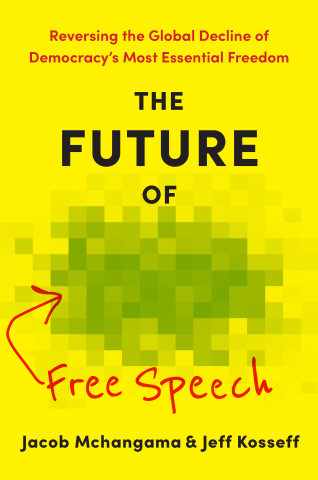
Reviews
Offers a deeply pondered analysis.
Revealing, thought-provoking, and rewarding.
Much to admire in this characteristically provocative and scholarly book.
Helps us understand the complex ways in which the pluralist sensibility opens the path to a richer and more psychologically realistic liberalism.
Flathman explores varieties of pluralism more broadly and deeply than is typical in contemporary moral and political theory, and identifies a fund of viable pluralist theories that can inform a richer and more defensible account of liberalism.
Book Details
Acknowledgments
Chapter 1. Introduction
Chapter 2. The Bases, Limits, and Values of Pluralism: An Engagement with William James
Chapter 3. Plurality, the Private/Personal and the Public/Political
Acknowledgments
Chapter 1. Introduction
Chapter 2. The Bases, Limits, and Values of Pluralism: An Engagement with William James
Chapter 3. Plurality, the Private/Personal and the Public/Political: Pluralism Chez Hannah Arendt
Chapter 4. The Moral and Political Pluralism of Stuart Hampshire
Chapter 5. Idealism and Pluralism: Michael Oakeshott
Chapter 6. Whether, Which, and Whither Pluralism? Pluralism and Liberalism
Notes
References
Index





